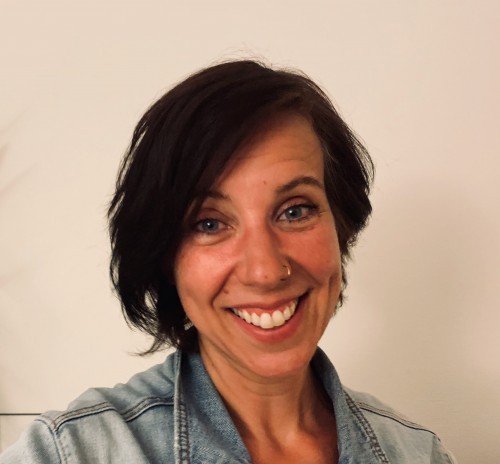Christina Siry
Luxembourg

Christina Siry is professor of learning and instruction at the University of Luxembourg, Luxembourg. Her research examines how young children develop and transform their science understandings through multilingual, multimodal interactions in schools. She has several lines of research that focus on the intertwined areas of science learning and learning to teach science, particularly at the primary and early childhood levels. Together with her research team, she investigates the ways in which young children interact with peers, teachers and materials as they engage in science lessons. Grounded in critical perspectives, Christina’s work focuses on the necessity of incorporating multiple perspectives in research, and she draws upon collaborative pedagogies and participatory methodologies as tools for transforming science teacher education and science education. She is co-editor of the journal Cultural Studies of Science Education, and her work has been published in numerous international journals, including the International Journal of Science Education, Research in Science Education, Science Education, and Teaching and Teacher Education, among others.
Advancing equity in science education requires creating experiences where learners engage with science in diverse ways. In this plenary talk, we look across differences to elaborate perspectives each of us brings as we contribute to the science education discourse. We look across different paradigms to elucidate how social justice as a common underpinning guides our work and positions us with respect to a shared vision of science education. Beginning with the understanding that science is embedded within social, cultural, and political systems, we elaborate how we envision science education contributing to the preparation of informed and engaged citizenry, who have a commitment to the ideals of social justice and democratic participation. Drawing upon our contextualized research projects, each of us elucidates how our research agendas work towards this vision. Chris’s research is contextualized within the primary level as she studies how plurilingual children participate in science and examines how classroom structures can facilitate young children’s agentic engagement in science investigations. Hagop’s research focuses on the preparation of scientifically literate citizens. He explores how students at the secondary level can be empowered to practice engaging in critical exploration of nature of science and science-based social issues. We come together across differences - in paradigms, research foci, contexts, and levels of schooling - to put forth the argument that social justice as a uniting theme has the potential of transcending boundaries. We zoom into our current projects to example the interplay of structure and agency, and discuss what we can learn from coming together across differences. We explicate the central values that underpin working towards social justice in science education practice and discuss how those values can be taken into consideration across the K-12 continuum.